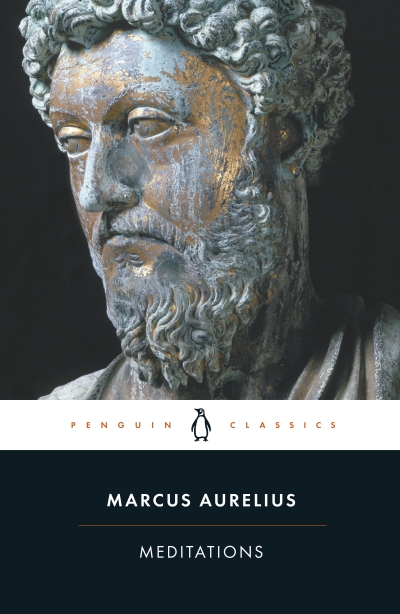ISBN
9780140449334
Format
Paperback
Recommended Price
R250.00
Published
May 2006
About the book:
Written in Greek by an intellectual Roman emperor without any intention of publication, the Meditations of Marcus Aurelius (AD 121-180) offer a wide range of fascinating spiritual reflections and exercises developed as the leader struggled to understand himself and make sense of the universe.
Spanning from doubt and despair to conviction and exaltation, they cover such diverse topics as the question of virtue, human rationality, the nature of the gods and Aurelius's own emotions. But while the Meditations were composed to provide personal consolation, in developing his beliefs Marcus also created one of the greatest of all works of philosophy: a series of wise and practical aphorisms that have been consulted and admired by statesmen, thinkers and ordinary readers for almost two thousand years.
Listing





